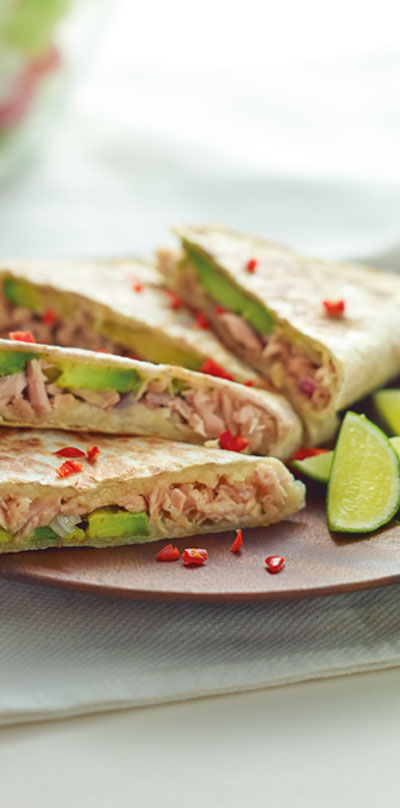Ayam Brand™ Going BPA-FREE
(1) Ayam Brand™ is compliant with the most stringent regulations in the world covering BPA and all Ayam Brand™ products are totally safe for consumption.
Most cans come with linings to protect food from contact with the metal used in the can. For decades, these linings have been made of epoxy, containing BPA (Bisphenol A).
Independent laboratory analyses have demonstrated that for most of Ayam Brand™'s reference products there is no migration of BPA to food even after each can's expiry date.
In 2009, France was the first country to prohibit BPA lacquers in contact with food. In some USA states like California, presence of BPA lacquers should be indicated on the packaging label.
Since 2017, we have been working on the implementation of BPA-FREE lining in all its cans.
(2) Ayam Brand™ is switching ALL its canned products to BPA-FREE CANS.
At the beginning of 2012, Ayam Brand™ took the decision to switch all its products to cans with linings containing neither BPA nor any similar family of components such as BPF, BPS etc. Ayam Brand™ is therefore setting even higher standards in this regard than consumers' expectation.
However, at the time the decision was taken, alternative BPA-free linings were not readily available. Ayam Brand™ took it upon itself to extensively test alternative linings with Real Time Aging analysis to ensure that the new lining is better and safer than the existing coating. It took several years for the can industry to formulate the new linings and for Ayam Brand™ to test them.
- All our sardines range are in BPA-free cans.
- All our mackerel/saba range are in BPA-free cans.
- All our canned coconut milk are in BPA-free cans.
- All other products in different packaging (like glass jars or Tetra Pack) are BPA-free.
- Our tuna range is in the process of completing the switch.
We have been able to progressively switch all of our products to BPA-free linings. However, there are still some products which have yet to fully switch to BPA-free cans. Please be assured that there is no BPA migration into our food for all of our product range. They are completely safe for consumption even though it has not yet been converted to BPA-free linings.










